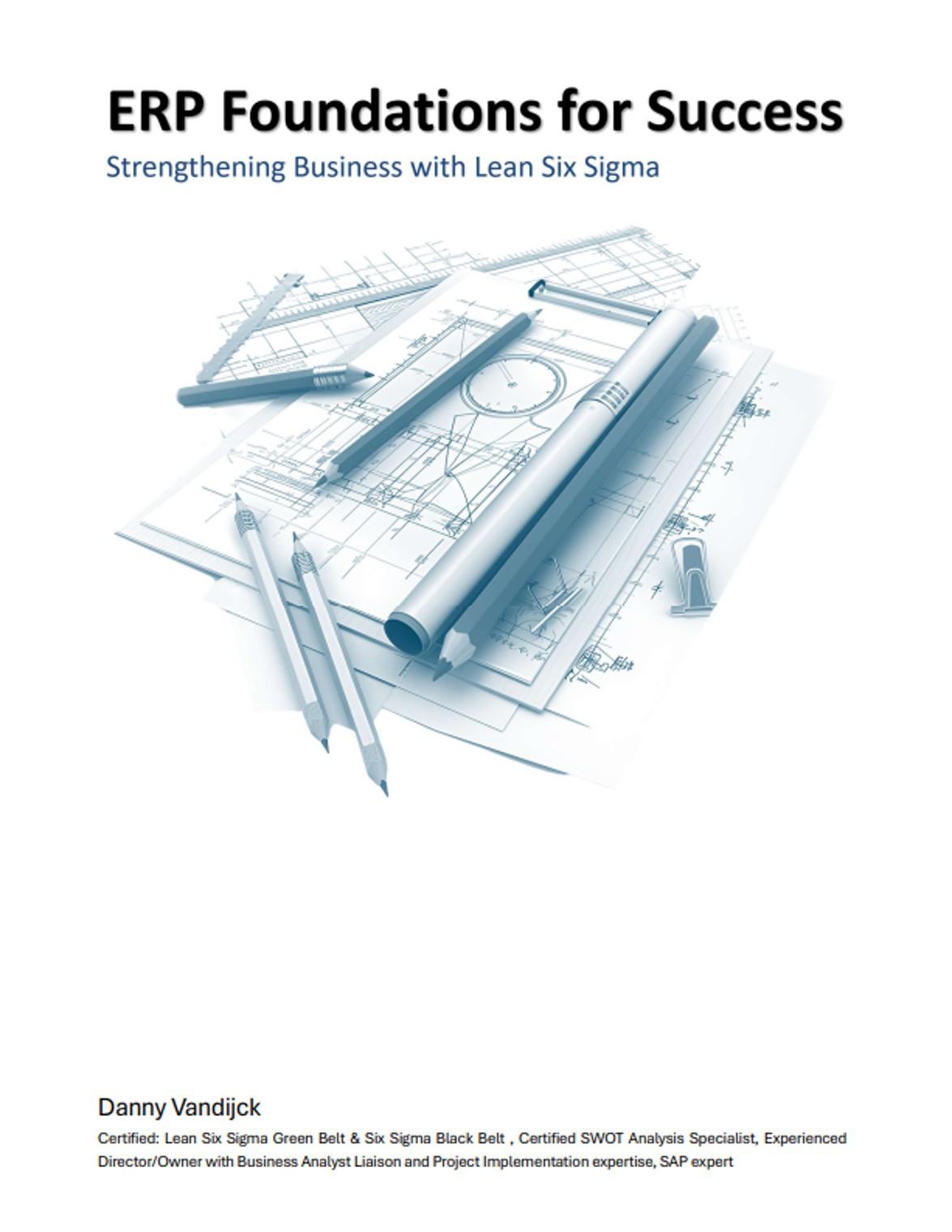In the dynamic landscape of modern business, the decision to implement an Enterprise Resource Planning (ERP) system represents a pivotal moment for any organization. Frequently praised or promoted as a universal solution to all problems or difficulties that a business or organization may face in its operations, an ERP system promises streamlined processes, enhanced efficiency, and improved decision-making capabilities. In other words, companies often think that ERP systems are a cure-all solution that can magically resolve any and all challenges related to operational efficiency, data management, and business processes. However, the reality often diverges from this promise. Many organizations find themselves grappling with cost overruns, implementation delays, and underwhelming returns on investment. If your company currently works in silos and relies on undocumented processes, the implementation of ERP will not solve this.
